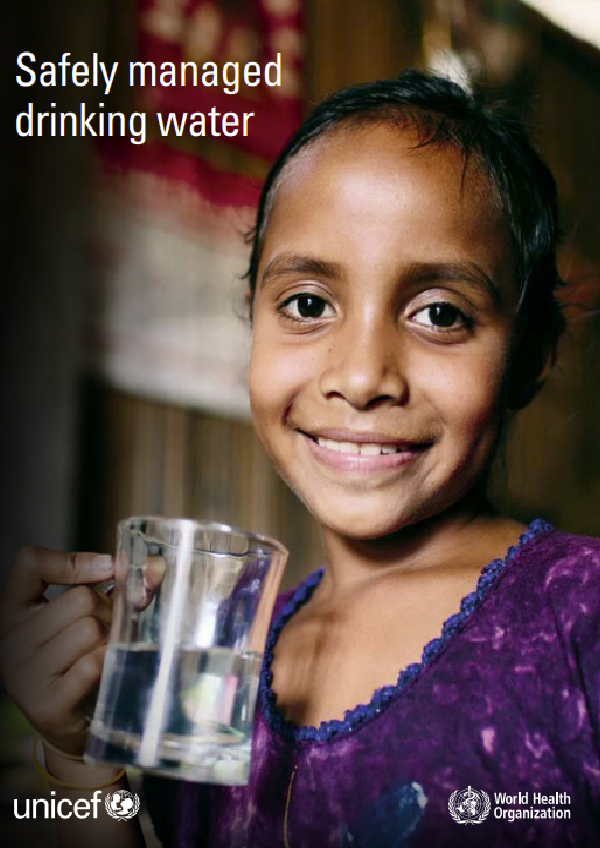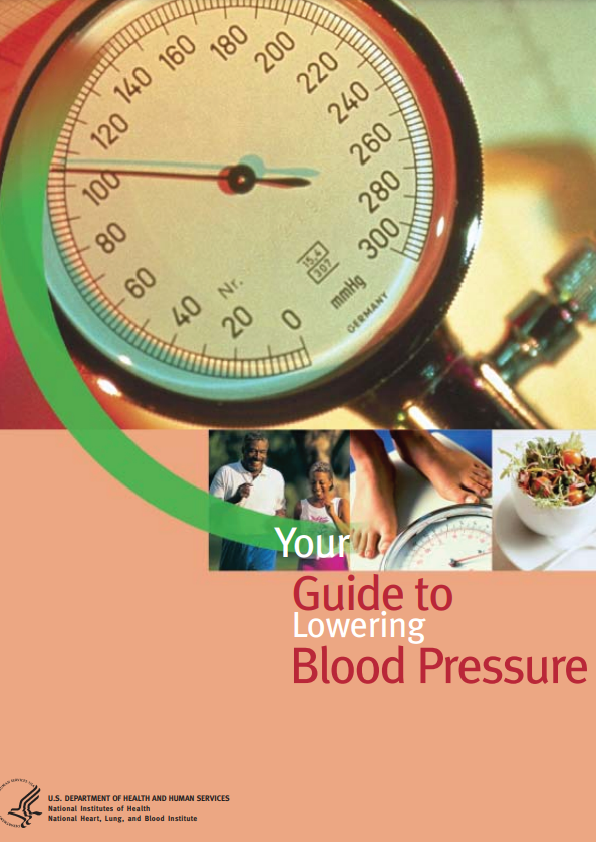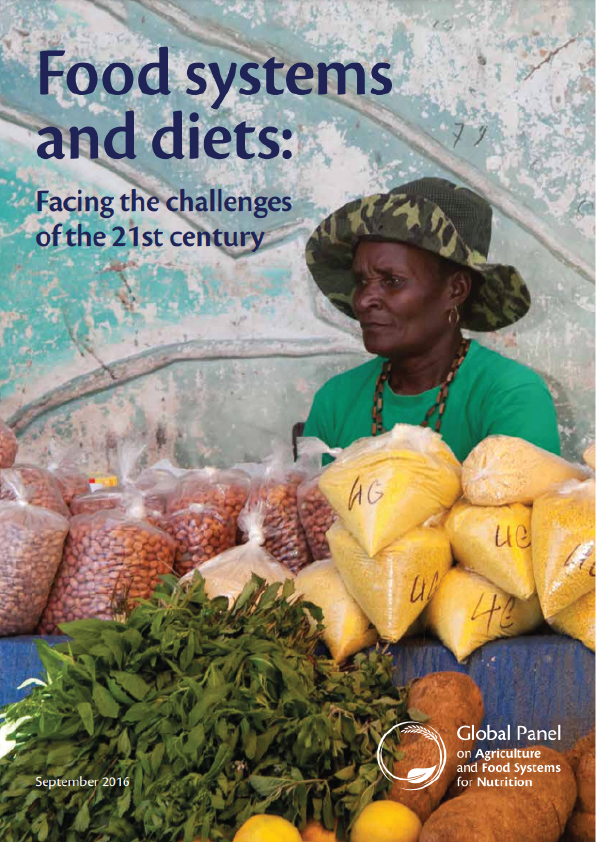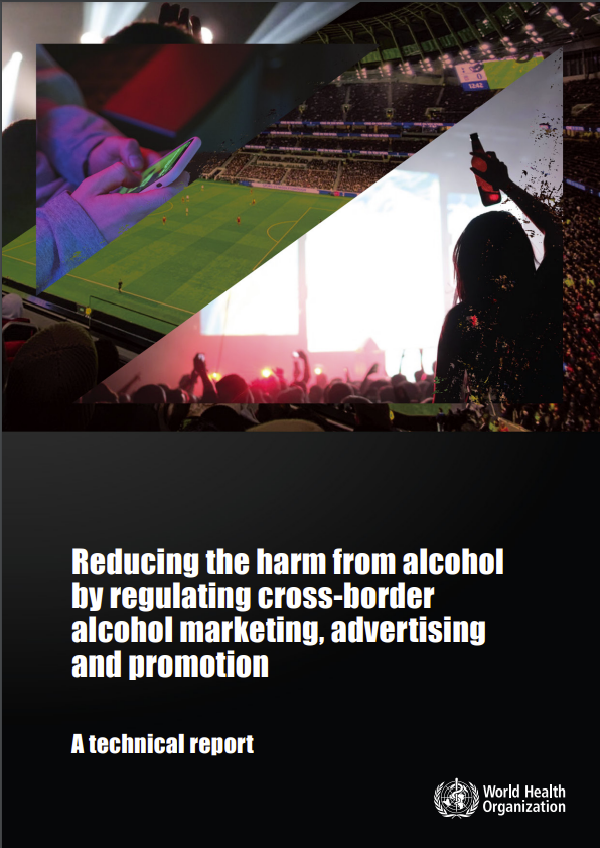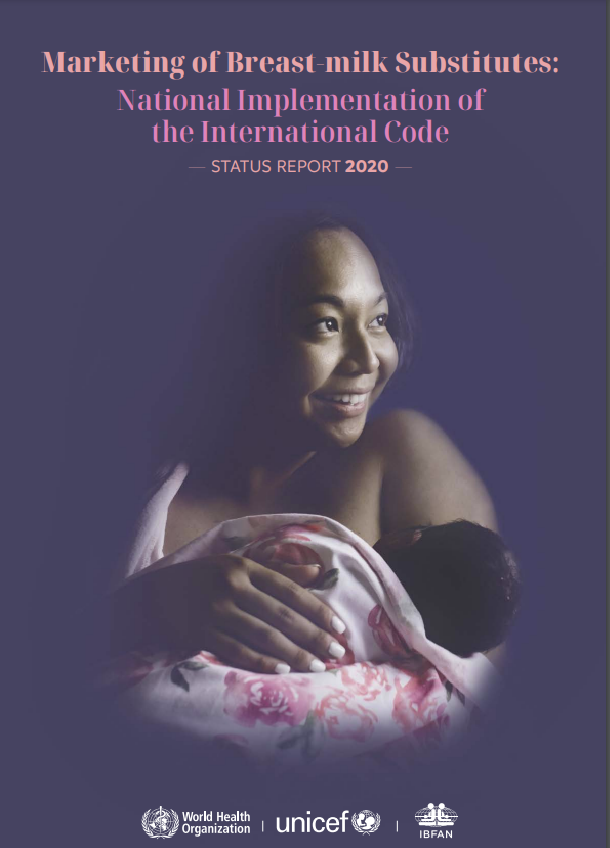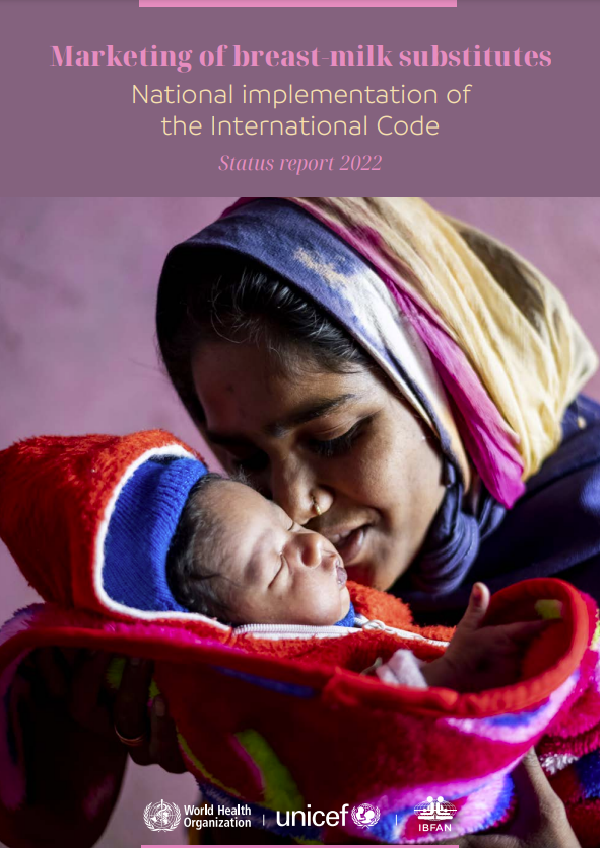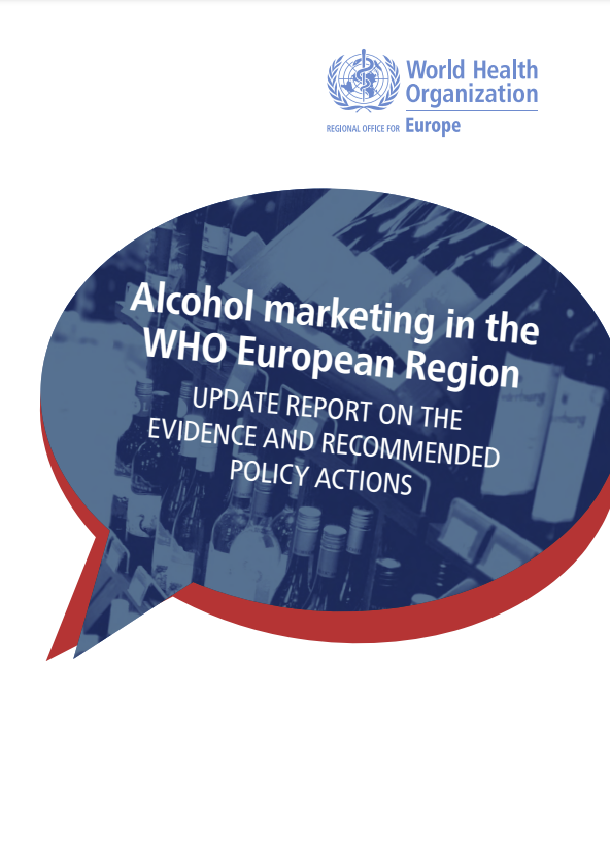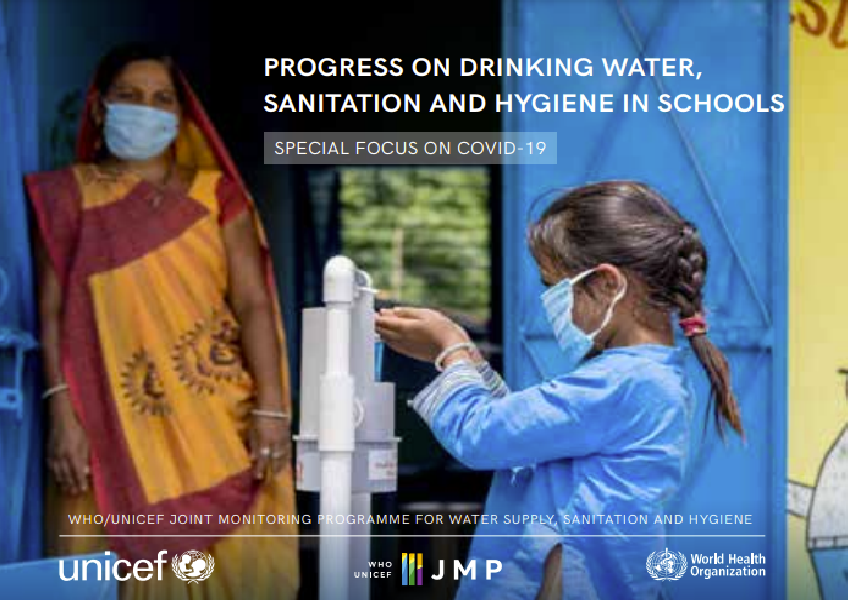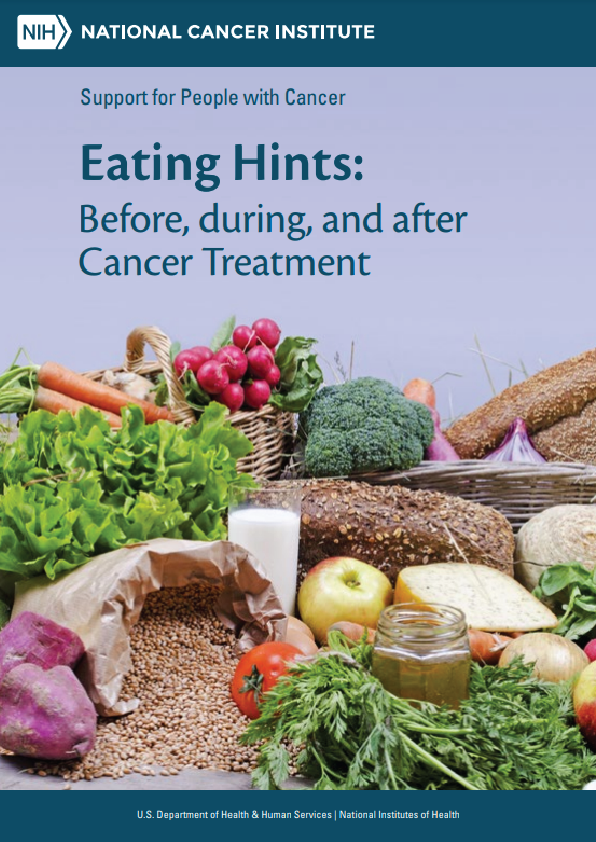The WHO/UNICEF Joint Monitoring Programme for Water Supply and Sanitation (JMP) was established in 1990. Since then, the JMP has produced regular estimates of global, regional and national progress on drinking water, sanitation and hygiene (WASH). This thematic report examines safely managed drinking water services in the context of the 2030 Agenda for Sustainable Development.
Over the past 25 years, the JMP has been instrumental in developing global norms to benchmark progress and facilitating critical reflection among WASH sector stakeholders. The JMP was responsible for tracking progress towards the 2015 Millennium Development Goal (MDG) target 7c and will be responsible for monitoring the new 2030 Sustainable Development Goal (SDG) targets 6.1 and 6.2.
The SDG targets aim for universal access to drinking water, sanitation and hygiene and call for enhanced monitoring to ensure that no one is left behind. This report considers the implications of target 6.1, “by 2030, achieve universal and equitable access to safe and affordable drinking water for all,” and outlines JMP plans for enhanced global monitoring of drinking water during the SDG era.
The first section examines the SDG vision for universal access and the specific language used in the formulation of global targets. It acknowledges the limitations of indicators based on source type and introduces a more ambitious indicator for SDG monitoring that takes account of accessibility, availability and quality of drinking water. ‘Safely managed drinking water services’ represents a higher level of service and a new rung at the top of the drinking water ‘ladder’ used by the JMP for global monitoring.
‘Universal access’ means everyone. The report draws attention to those populations who remain unserved and outlines JMP plans for tracking inequalities between and within countries. ‘Universal’ also implies expanding monitoring efforts beyond the household, to include institutions and other settings. The report identifies global indicators that the JMP will use to monitor access to water in schools and health care settings as a first priority.
The second section of the report examines the availability of data on the different elements of safely managed drinking water services and discusses data-related challenges. It illustrates how the JMP will combine data from different sources in order to track the progressive elimination of inequalities in access and service levels, and global progress towards the SDG target over the next 15 years.
The report concludes that monitoring progress towards safely managed drinking water will be more challenging in some countries than others, but estimates are expected to improve over time as more and better data become available.
